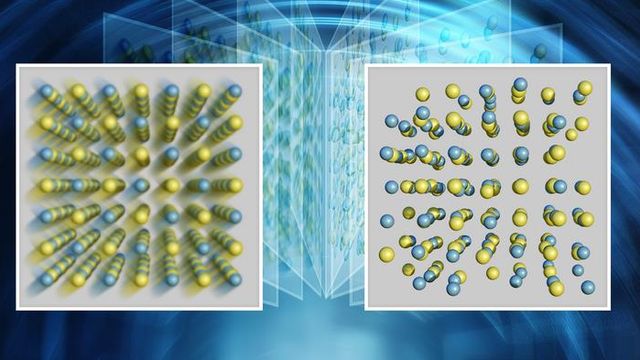
Speeding up a camera shutter a million million times enables researchers to understand how materials move heat around and is a major step in advancing sustainable energy applications.
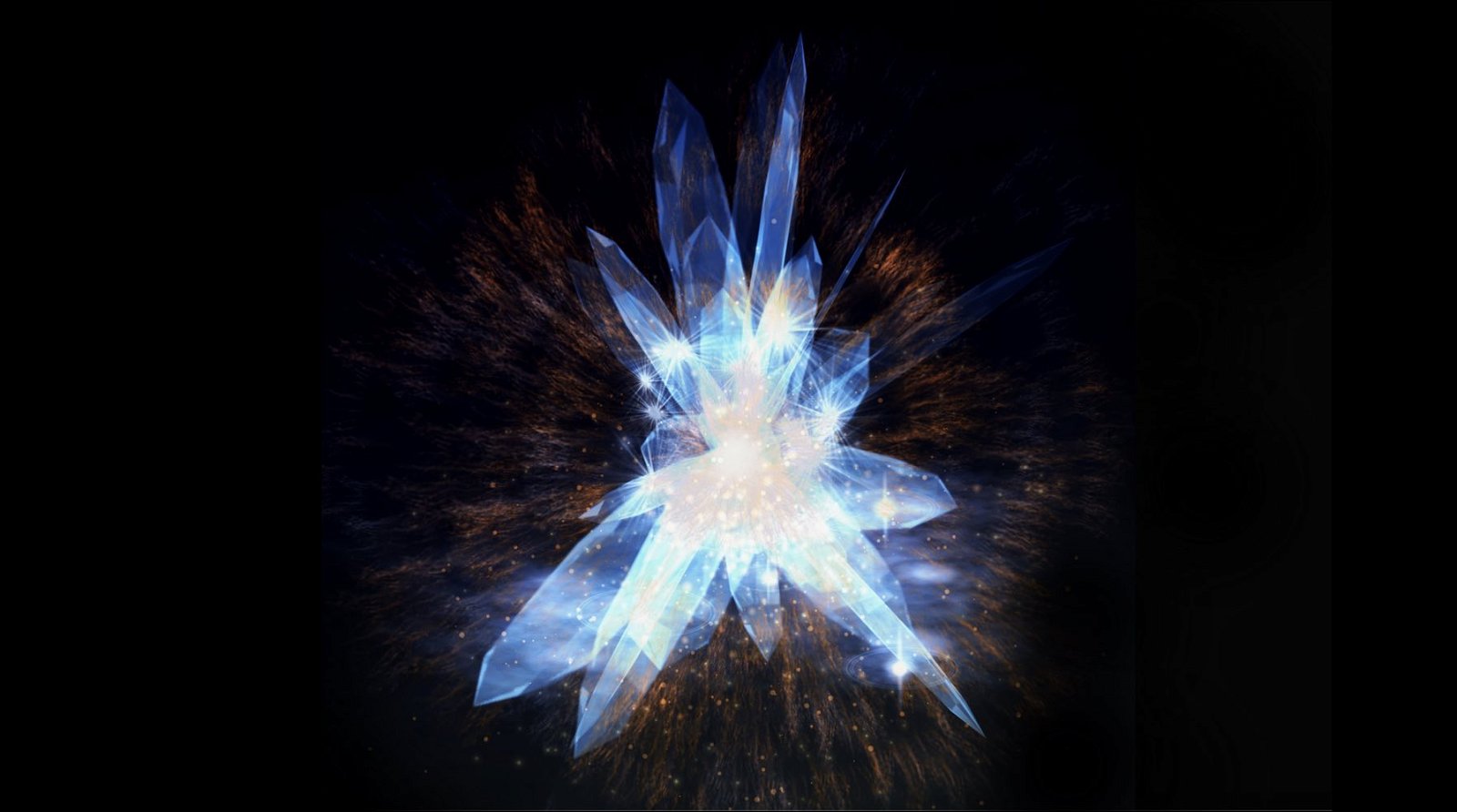
Researchers say that time crystals could one day become a core component in the construction of quantum computers.
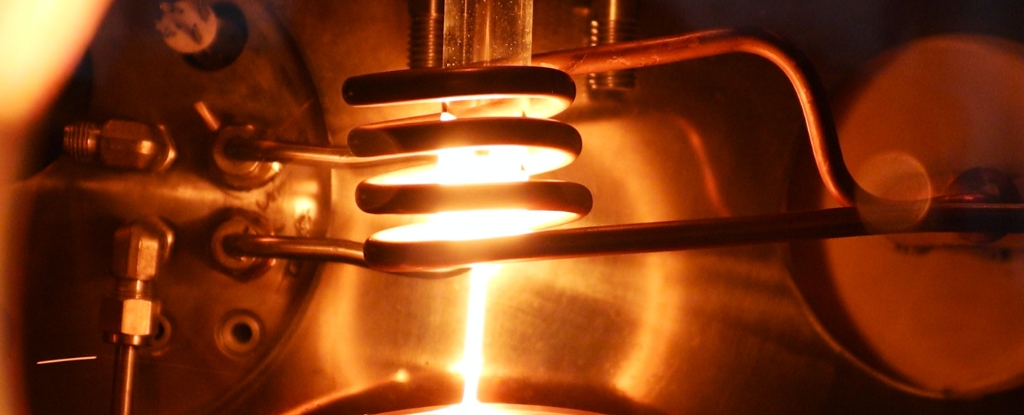
We urgently need to move away from fossil fuels, but electric vehicles and other green technology can put their own pressures on the environment. That pressure could be eased with a new magnet design that was built with AI.
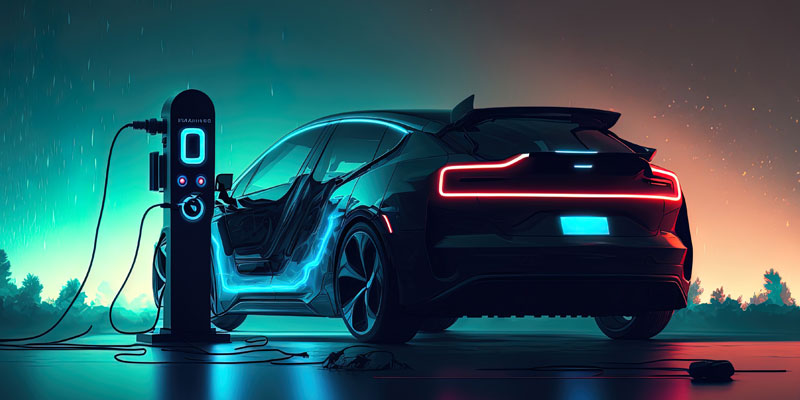
Researchers have demonstrated the first chip-based 3D printer, a tiny device that emits reconfigurable beams of visible light into a well of resin that rapidly cures into a solid shape.
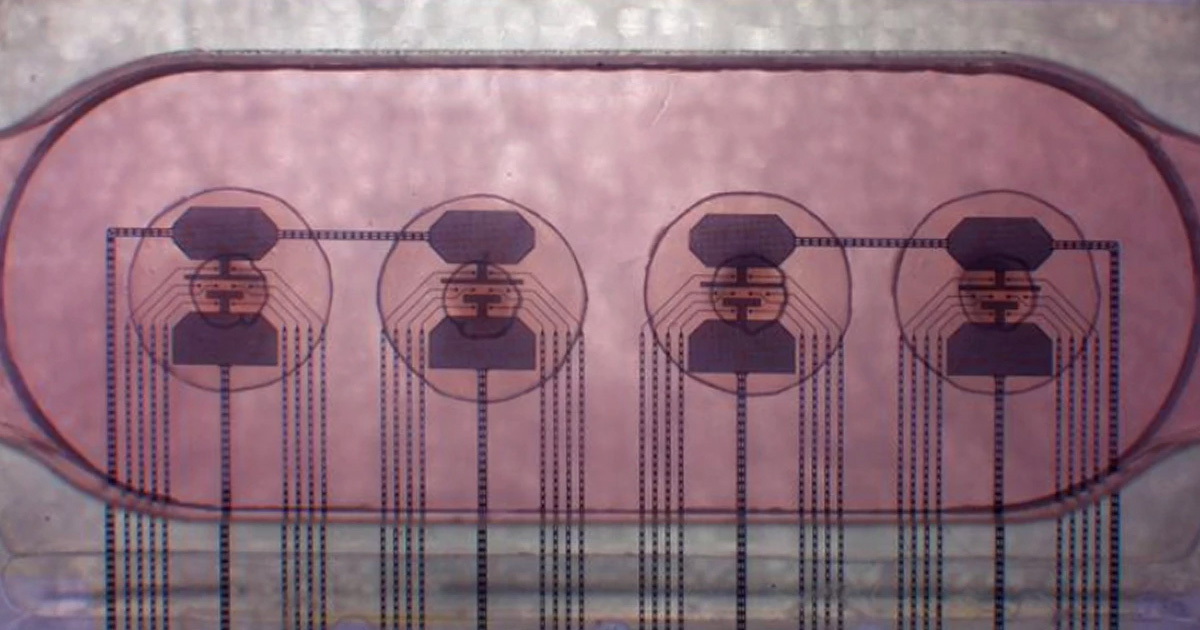
A startup in Switzerland has built a unique computer processor made from 16 tiny brains made from human tissue, basically a living computer.
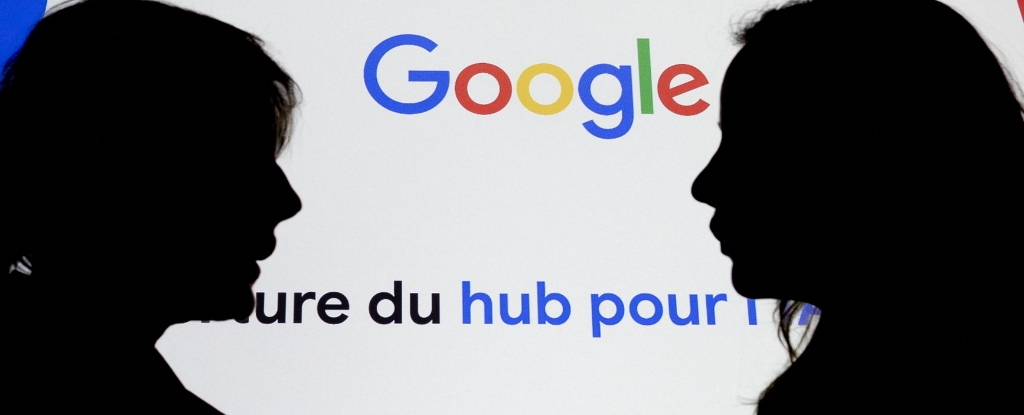
Google on Tuesday said it would introduce AI-generated answers to online queries, in one of the biggest changes to its world leading search engine in 25 years.

Artificial intelligence can learn to lie and cheat, and this is a serious risk that requires regulatory and legislative measures to ensure that it remains a useful technology, rather than becoming a threat to human knowledge.
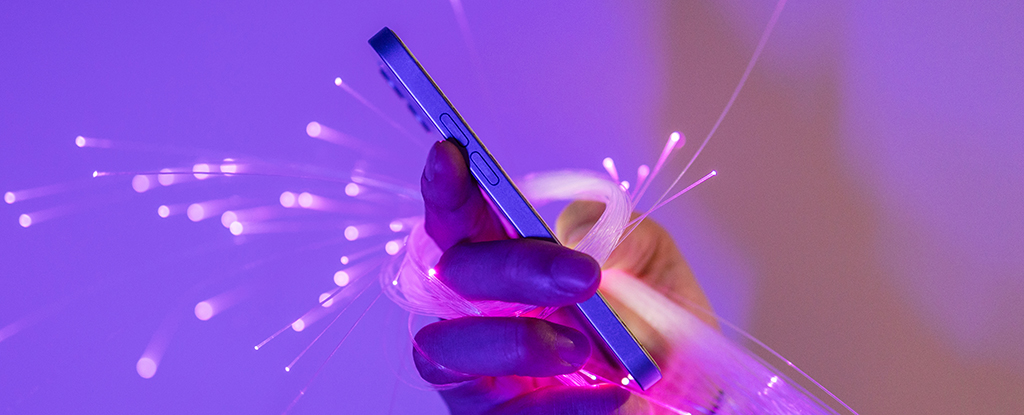
A technology demo carried out in Japan has shown a prototype wireless device reaching 100 Gbps data transfer speeds, which is 10 times faster than 5G at its peak, and 500 times faster than an average 5G smartphone.
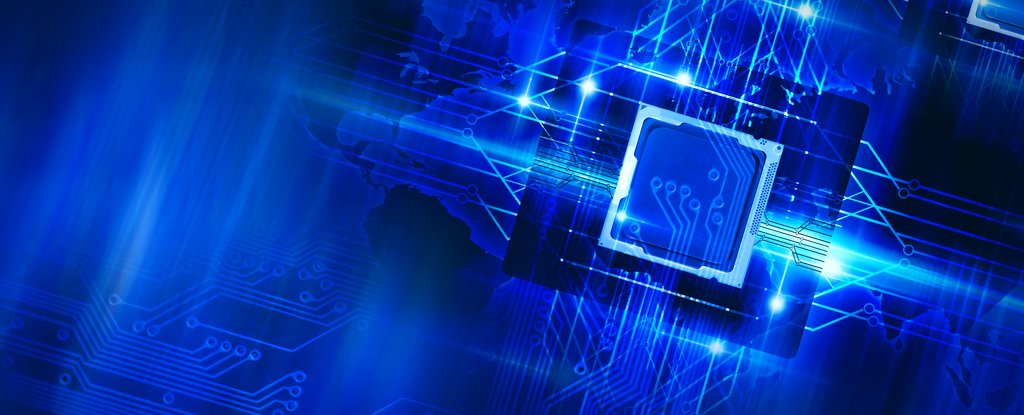
The potential of quantum computing is immense, but the distances over which entangled particles can reliably carry information remains a massive hurdle.

For decades, the pursuit of quantum computing has struggled with the need for extremely low temperatures, mere fractions of a degree above absolute zero.

South Korean researchers have maintained plasma temperatures of 100 million degrees Celsius for 48 seconds inside a tokamak fusion reactor.

Elon Musk's brain-chip startup Neuralink livestreamed its first patient implanted with a chip using his mind to play online chess. The implant seeks to enable people to control a computer cursor or keyboard using only their thoughts.

The European Union’s parliament approved the world’s first major set of regulatory ground rules to govern the mediatized artificial intelligence at the forefront of tech investment.

After learning and performing a series of basic tasks, this AI was able to provide a linguistic description of them to a ''sister'' AI, which in turn performed them.

Researchers have developed an AI method that can predict Alzheimer’s Disease up to seven years before the onset of symptoms.